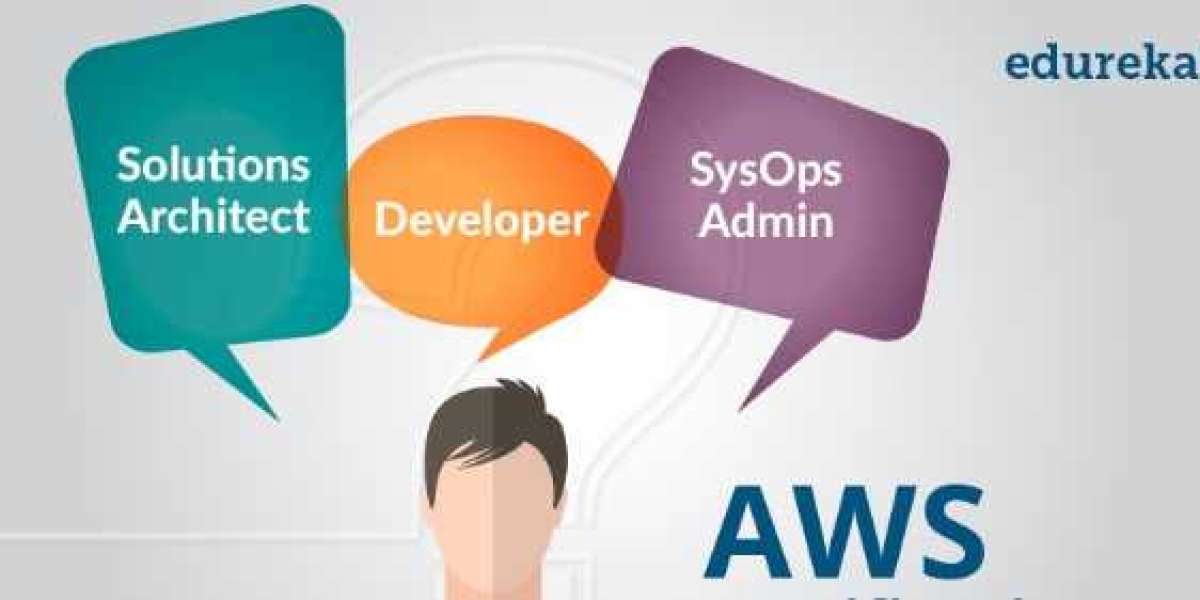n Amazon Web Services (AWS), PaaS stands for "Platform as a Service." AWS offers various cloud computing services, including Infrastructure as a Service (IaaS), Platform as a Service (PaaS), and Software as a Service (SaaS). PaaS in AWS is a cloud computing model that provides a platform and environment for developers to build, deploy, and manage applications without the need to manage the underlying infrastructure.
PaaS in AWS provides developers with a streamlined, managed, and scalable platform to build and deploy applications. It abstracts much of the underlying infrastructure complexity, enabling developers to focus on coding and delivering value to their organizations. AWS's PaaS offerings cater to a wide range of application types and development scenarios, making it a versatile choice for modern application development in the cloud. Apart from it by obtaining AWS Masters, you can advance your career in AWS. With this course, you can demonstrate your expertise in AWS, developing and maintaining AWS-based applications, and building CI-CD pipelines, many more fundamental concepts, and many more critical concepts among others.
Here are some key aspects of PaaS in AWS:
Application Development Tools: AWS offers a range of PaaS services, including AWS Elastic Beanstalk, AWS App Runner, and AWS Cloud9, that provide developers with tools and frameworks to streamline the development process. These services support various programming languages, such as Java, Python, .NET, and more, making it easier for developers to build applications.
Automated Deployment: PaaS services in AWS simplify the deployment process by automating tasks like provisioning servers, configuring networking, and scaling resources as needed. This allows developers to focus on writing code and eliminates the need to manage infrastructure components manually.
Scalability: PaaS services are designed to be highly scalable, allowing applications to automatically scale up or down based on demand. AWS offers features like Auto Scaling, which can adjust the number of application instances to handle traffic spikes efficiently.
Managed Services: Many PaaS offerings in AWS come with managed services for databases, caching, messaging, and more. AWS RDS (Relational Database Service), AWS ElastiCache, and AWS Simple Queue Service (SQS) are examples of managed services that can be integrated into PaaS applications, reducing the operational burden on developers.
Integration with Other AWS Services: PaaS solutions in AWS seamlessly integrate with other AWS services, such as AWS Lambda (serverless computing), AWS API Gateway (API management), and AWS CloudWatch (monitoring and logging). This allows developers to create comprehensive and feature-rich applications by leveraging a wide range of AWS resources.








